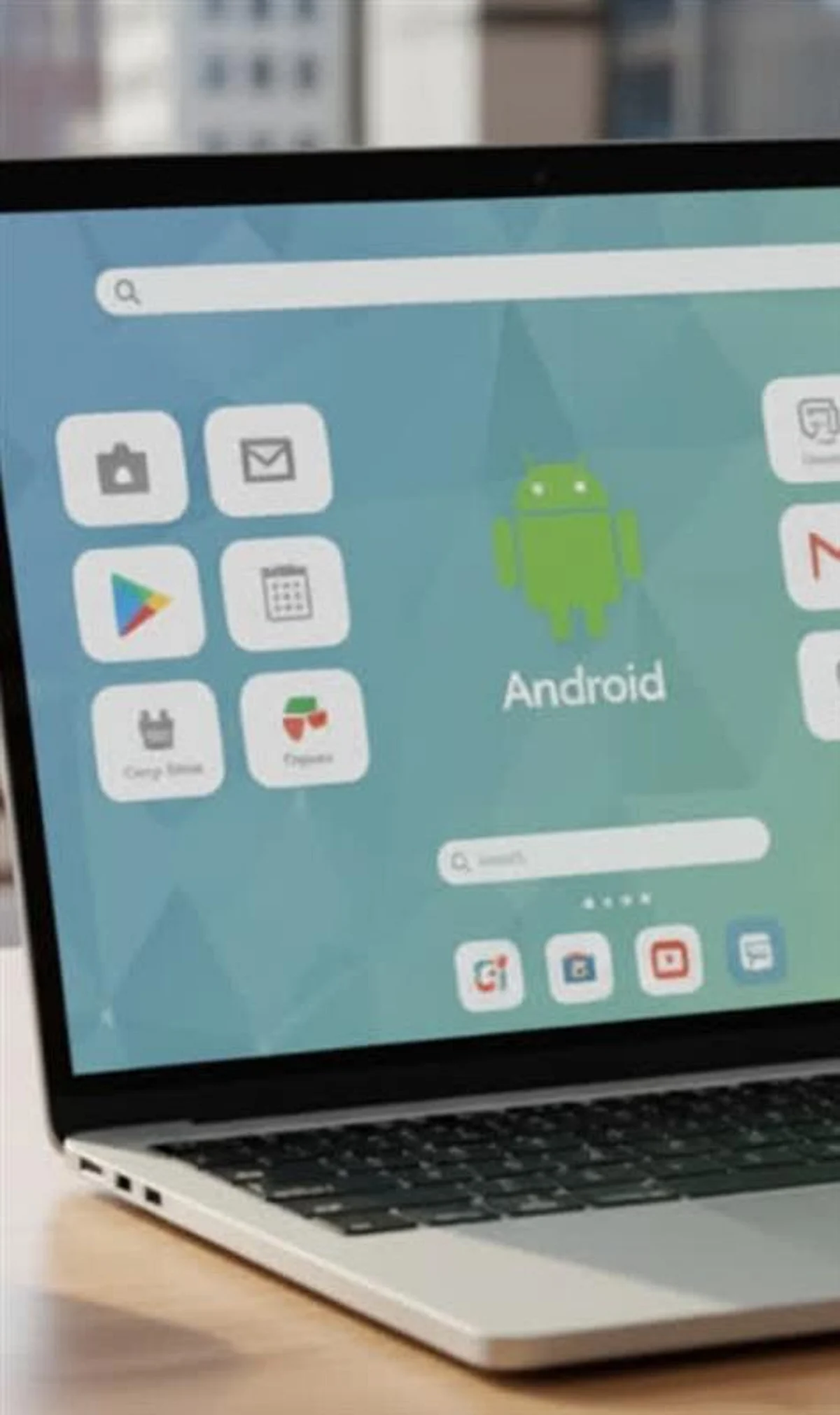In a significant move within the technology sector, Google has officially launched its Android OS for PCs, marking a potential disruption to the longstanding dominance of Microsoft’s Windows. This new operating system aims to provide an alternative for PC users seeking a different computing experience, combining the flexibility of Android with the functionality required for traditional desktop use.
The launch, announced in September 2023, reflects Google’s strategy to expand its ecosystem beyond mobile devices and into the realm of personal computers. With Android already powering billions of smartphones and tablets worldwide, Google is now positioning itself as a formidable competitor in the PC operating system market.
Exploring Features and Compatibility
The new Android for PCs offers a range of features designed to enhance user experience, such as multitasking capabilities, a customizable interface, and access to a vast library of applications through the Google Play Store. Additionally, users will benefit from seamless integration with Google services, making it easier to switch between devices and access files from anywhere.
Compatibility is a critical aspect of this launch. Google has collaborated with various hardware manufacturers to ensure that Android for PCs runs smoothly on a wide range of devices, from budget laptops to high-end desktops. This strategy aims to attract a diverse audience, including students, professionals, and casual users looking for an alternative to Windows.
Potential Impact on the Market
The introduction of Android for PCs may significantly alter the competitive landscape of operating systems. As users increasingly seek alternatives to traditional platforms, Google’s entry could challenge Microsoft’s market share. According to industry analysts, the shift could push Microsoft to innovate further, benefiting consumers with improved products and services.
While Windows has long been the standard for personal computing, the rise of cloud-based applications and mobile computing suggests a changing tide. Google’s Android for PCs could appeal to users who prioritize flexibility and integration across devices.
The success of this initiative will largely depend on user adoption and the ability of Google to address potential challenges, such as performance issues and the availability of essential software. Developers will also play a crucial role in creating applications that fully leverage the capabilities of Android on PCs.
In conclusion, with the launch of Android for PCs, Google is not only expanding its footprint in the operating system market but also igniting a new level of competition with Microsoft. As this development unfolds, it will be intriguing to see how both companies adapt to the evolving demands of consumers in the technology landscape.





































































